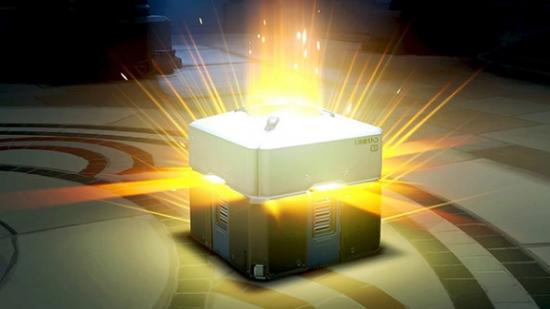In response to the loot box controversy that’s flared up in recent weeks, a group of games industry professionals have set up a new body to help inform US government policy on videogames.
How did we get into this mess? Here’s how Battlefront 2’s loot boxes work.
The National Committee for Games Policy (NCGP)call themselves “the world’s first public policy think tank associated with the videogames and interactive entertainment industry.” They differentiate themselves from the International Game Developers Association (IGDA) in that they are not a group of developers advocating developers’rights, and are distinct from the UK’s industry associations – TIGA and UKIE – in that their focus is on better outcomes for consumers, rather than more competitive industrial policy.
The NCGP launch with two arms: the ITK, a think tank seeking to inform and educate legislators, and the SRO, the “industry’s first, andde facto,self-regulatory organisation.” The SRO aims to protect consumers from unscrupulous practices by “investigating and bringing legal action against those companies that have damaged the public consciousness in some way.” As part of this goal, the SRO will establish a haven for whistleblowers.
It’s worth noting, however, that the group’s heft seems limited based on their current membership. Bryan Haskell, a project manager at the ESL and former live operations lead on Call of Duty Elite, is the biggest name on their steering committee. The committee also includes Daniel Doan, co-founder of Black Shell Media, and three members with links to Incuvation Games, a little-known indie publisher. This suggests a parochial buddies’ project rather than the “coalition of high-level industry experts and influencers” they claim to be in their press release.
